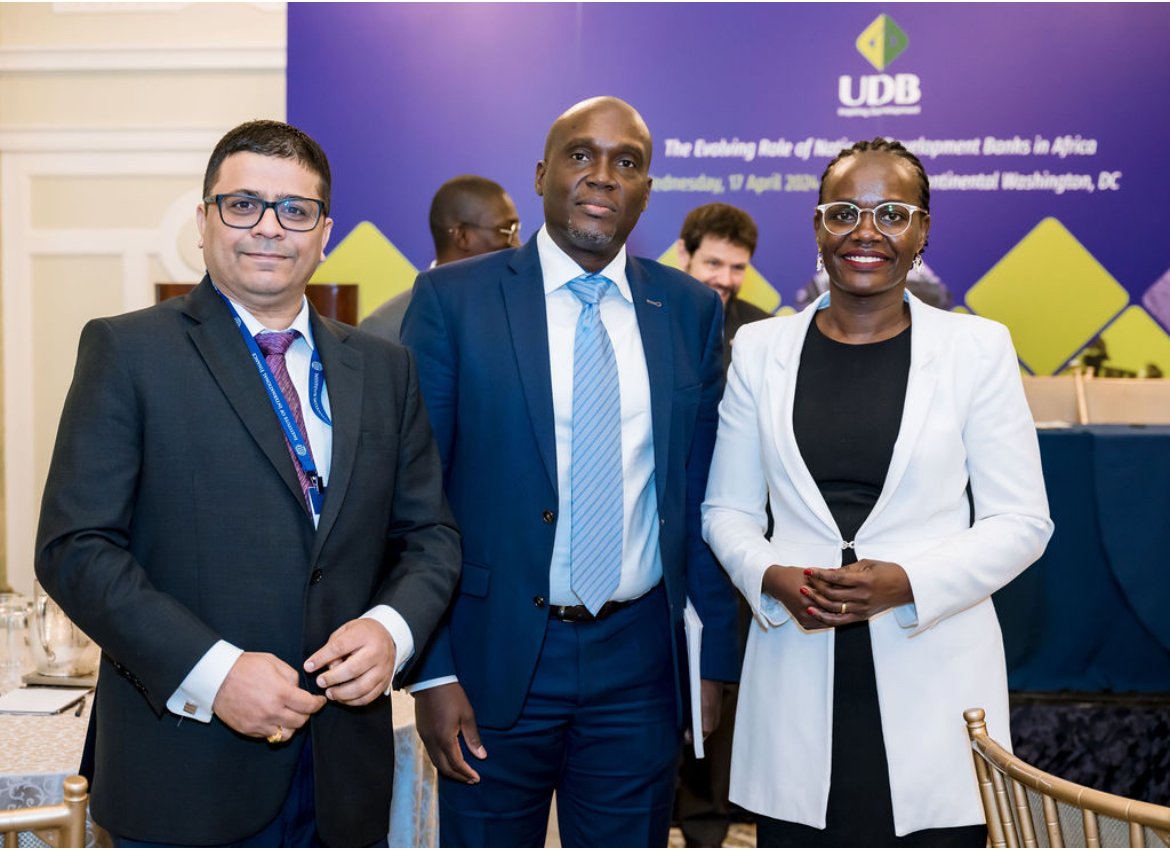Uganda, South Africa pledge strengthened ties
Uganda and South Africa have pledged to do all it takes to further strength the ties between the countries.
Speaking during the second session of the Joint Commission of Cooperation (JCC) in Kampala, the State Minister for Foreign Affairs, Henry Okello Oryem said the meeting is an important vehicle in further deepening the bilateral ties between the two countries, noting that it provides an opportunity to review the status of implementation of agreed decisions made, during the inaugural session in South Africa and explore new areas of cooperation.
Keep Reading
“To sustain our momentum, it will be essential that the JCC is convened within the agreed timeframes periodically as envisioned. In addition, midterm review on the status of implementation of decisions on an annual basis, in-between the sessions of the JCC is key including exploring new areas of cooperation,”Oryem said.
“The cooperation we pursue should deliver practical benefits for our two peoples. We should ensure that it promotes our mutual prosperity through trade, investment and tourism. Our cooperation should contribute to eradicating poverty; increasing household incomes; and creating decent jobs for our youth; thereby promoting shared prosperity for all.”
With the volume of trade between the two countries as at the end of 2021 being $194 million, Oryem said South Africa is one of the leading trading partners for Uganda, noting that this relationship ought to be further strengthened.
“We believe that there is a lot more we can do together to diversify the range of export products and addressing all non-trade facilitating measures including joint cooperation on issues of standards, and easing the visa requirements for our private sector.”
He emphasized the need to continue tapping into the private sector to help both countries grow.
Citing MTN, Oryem said the private sector can play a crucial role in the development of each other’s economies, but noted there should be deliberate government efforts to encourage private sector investment.
“In this regard, it is essential that our two governments encourage the private sector to flourish and continue to do business in both countries. We need to encourage more interaction between them. The potential is much greater than it is now.”
“We welcome more companies to explore investment opportunities in Uganda. Our National Development Plan III has identified priority sectors including agro-industralisation, petroleum development, tourism development and mineral development. It would be particularly meaningful to see more industries from South Africa engaged in value addition including so that they invest in agriculture and minerals where the country is richly endowed. South African companies can also set up an industrial parks. I believe through joint efforts and strategic interventions, we can promote mutually beneficial trade.”
Speaking at the same function, the Minister for International Relations and Cooperation in South Africa, Naledi Pandor said the second session of the Joint Commission of Cooperation should be a vehicle for the two countries to work together to address the common developmental challenges that cut across national frontiers.
“We need to ensure that this Second Session of the JCC produces tangible results and measurable milestones to which we will hold ourselves accountable to achieve within the agreed timeframes. Issues related to trade and investment are critical. We need to address all the challenges that threaten and derail the deepening and expansion of our bilateral cooperation. A clear way forward has to be agreed in relation to the implementation of the signed bilateral agreements and the review of the dormant agreements ought to be conducted thoroughly with a view to explore new areas of cooperation,”Pandor said.
Pandor noted that the second JCC should work on reduction of the cost of doing business between the two countries, removal of barriers to market access for products originating from our two countries, exploration of ways to promote protection of investments now that the African Continental Free Trade Area(AfCFTA) has been ratified by both governments.
“The quest for solutions to the eradication of poverty, job creation and reduction of inequality should influence the content, scope and direction of our engagements, as these are shared challenges of our people in both countries.”














